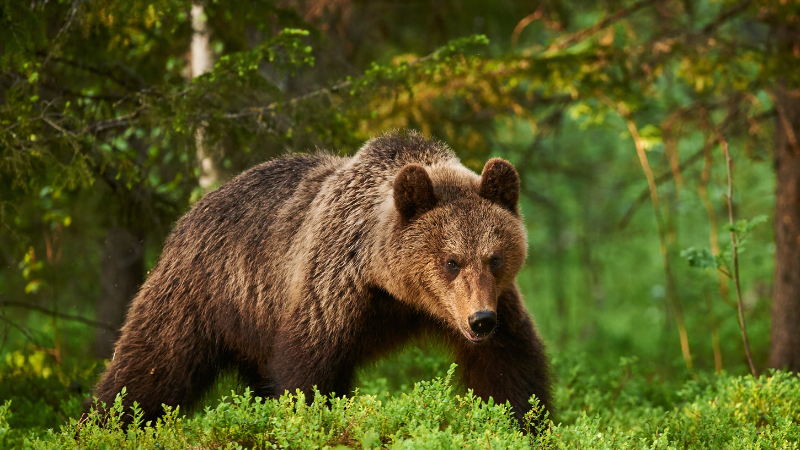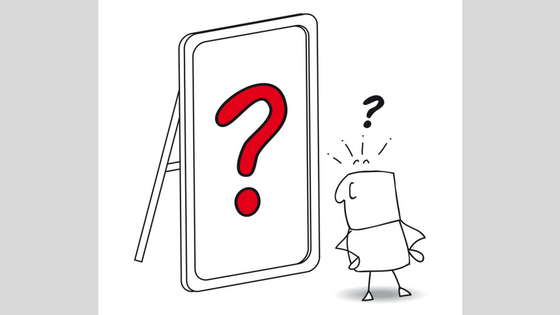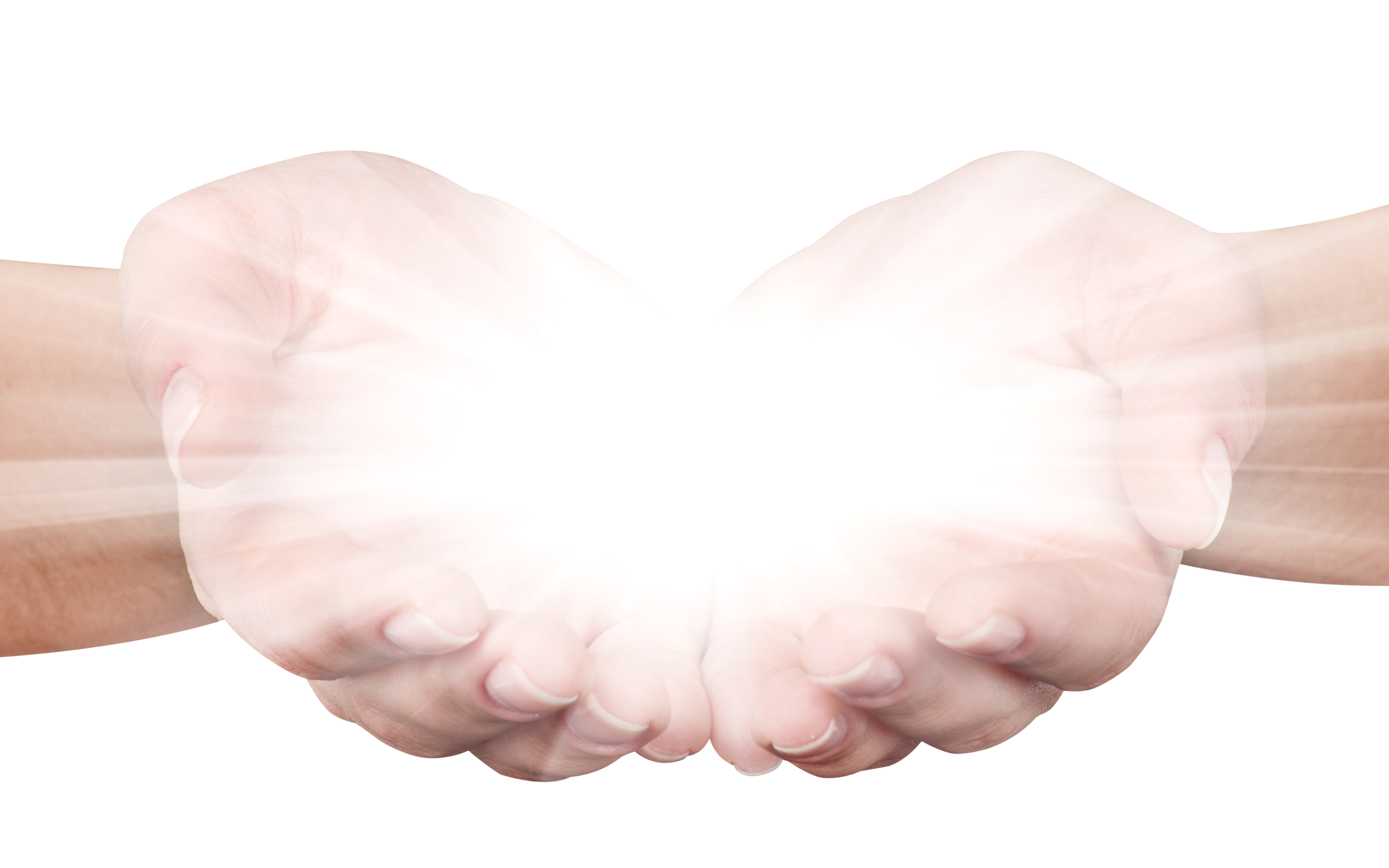It’s More Than a Fight or Flight Response
I believed for a long time that my fight or flight response was broken.
It’s happened to me too many times to count. I’m in a scary or stressful situation. I don’t get angry. I don’t fight. I don’t look for an escape route or run away from the situation.
Instead, I shut down. My comprehension of the situation is impacted severely: When I look back on the experience, I realize that I felt overwhelmed and confused about what was going on. Sometimes, I have no memory of the experience at all.
How was this possible? Everyone talks about the fight or flight response. When we are in a scary or stressful situation, our brains automate our reactions so that we either attack or flee.
Why did my fight or flight response look so different?
It wasn’t until I took a DBT class that I first learned something new about the fight or flight response: It’s not just “fight or flight.” It’s fight, flight, or freeze.
Freeze? Freezing is part of the fight or flight response? Why did no one ever talk about this?
Nature Shows Us There Is More to the Fight or Flight Response
As I learned more, it began to make a lot more sense. I see the freeze response in the jackrabbits that hop around my neighborhood: Whenever a hawk posts up on a roof or a car drives near them, the rabbits stop exactly where they are and freeze. They stay frozen until the threat has clearly passed or another, more imminent threat arrives, and they flee for their lives.
I also think back to my father ’s stories of his “Men Only” camping trips to Yosemite. There were two avenues of response if you encountered a bear: You either “fought” by making yourself as big as possible (raising your hands over your head) and/or made a lot of noise (banging pots together, yelling) or you “froze” by dropping to the ground and playing dead.
One time, there was a bear who entered their campsite in the middle of the night. By the time they realized the bear was present, it was too late to scare the bear off with loud noises. They listened to the bear rustle his way around the campsite, looking for food.
The zipper to my dad’s tent wasn’t closed all the way. He told me of seeing this bear’s snout poke into the tent and how he and his tent mate tried not even to breathe so the bear wouldn’t explore even further. The bear’s nose dripped onto the sleeping bag, and he couldn’t respond in any way.
After sniffing around for a bit, the bear decided there was no food in that tent, finished his disappointing exploration of the rest of the campsite, and moved along in search of food elsewhere.
Freezing is as much a survival mechanism as fight or flight is.
For me, this opened up a new avenue of compassion for myself. When I froze in traumatic situations, it wasn’t that I was broken or unwilling to take action; the reptilian part of my brain determined that it was the best response in the situation.
When Does Freeze Take Precedence?
Since I’ve learned this interesting nugget about the fight or flight response – or should I say, the fight-flight-freeze response – I’ve looked at my history to figure out when I’m most likely to freeze.
Interestingly, my experiences are pretty consistent with others: I am most likely to freeze when I am already under a great deal of stress. I hit a point when a new stressor added to the ones I’m already experiencing causes my brain to disengage.
This doesn’t necessarily mean that I physically disengage. I don’t suddenly drop to the ground, stiff as a board, waiting for the moment to pass.
Instead, it’s almost like I have a mental blackout. I’m emotionally either a complete mess or utterly unemotional in the situation, and I’m struggling to process the details of what’s happening around me.
I respond abnormally because I’m experiencing things abnormally – although that is not always evident to others around me.
Later, once the situation is over, I can look back at everything that was happening around me and start to make sense of it. I find that my brain recorded details that I didn’t notice at the time and that they help me view the same situation from a newer, more expanded perspective.
This happens less often to me these days as I’ve gained understanding about how I respond to stress and have learned to manage for it more effectively.
I also tend to freeze when I think an action or response is expected from me and I’m not sure what the right answer is.
I was raised with the belief that you have to respond on the spot, and when I don’t have enough time to consider my options, I also freeze. Usually, I will take whatever choice seems to be the most popular, even if it’s not actually the right option for me, usually because I’m afraid I will appear incompetent. I surrender my will to those around me.
The pressure to respond instantly is intense for me, and it took a lot of therapy before I realized that it’s perfectly valid to answer, “I’m not sure right now. Let me think about it.”
I’m not perfect about using that response yet, but I’m getting much better at it. I’m learning that it makes me look stronger and more considerate.
Rather than look incompetent, I receive respect for stepping back and considering all the options more carefully. I’m gaining a reputation for wisdom (which still feels odd, candidly).
Does this mean that I’ve dropped the “freeze” from my fight or flight response? Not at all. It still happens, but less often now that I’m better at practicing self-care and managing my stress levels. Developing new skills that help me respond more effectively have also minimized my freeze response.
My fight or flight response was never broken. The picture was merely incomplete.
What’s your default response to stressful situations? I’d love to hear in the Comments section below.
Looking for daily inspiration and community? Join our warm and supportive Facebook group!









